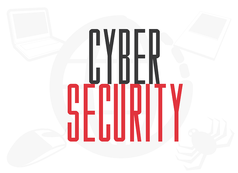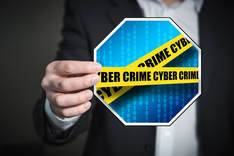When it comes to securing our homes, most people in towns and cities lock their doors without thinking twice. But millions of computer users around the world don’t have the same mentality about their digital devices.
So, what is cyber crime?
You may also hear it referred to as tech crime or computer crimes. The technical terms can include, phishing scams, data fraud and/or viruses and malware that are used to deliberately target your computer.
Hackers are increasingly targeting small business owners for quick wins, stealing their data and threatening to release any sensitive data, unless you pay a significant ransom.
This can lead to lost revenue, a damaged reputation, and legal and regulatory costs, not to mention the associated business disruption. Can you afford to risk this happening to your business?
Why is it important to protect you and your business?
There are, however, practical ways in which we can better manage our digital security. To protect yourself and your business online, first you must start to think differently and get used to making a few small changes to your online activity:
- Use strong and secure passwords, (see our last blog article about password security)
- Install security updates on devices
- Don’t use insecure/public Wi-Fi
- Be aware of being vulnerable to identity theft or vulnerable to 'phishing' scams
- If you’re a business owner, failure to protect your business and your customers’ data using cyber insurance could leave you vulnerable to cyber crime.
These actions could help to minimise the risk of a data breach and ensure no cyber fraud is committed against you or your business.
Watch these five video clips from The Metropolitan Police, who recently launched a cyber crime prevention video campaign, aimed at helping web users to become less vulnerable to cyber crime.
*Source Hiscox, Symantec



 RSS Feed
RSS Feed
